Food Poisoning and Breastfeeding – Remedies and Prevention
When you are affected by food poisoning, the first thing that comes to your mind is the well-being of your baby. Since your baby is completely dependent on your breast milk for all of its nutritional requirements, it’s crucial to seek immediate medical assistance if you suffer from food poisoning. Food poisoning and nursing can be challenging, as it’s essential to ensure that both you and your baby remain safe and healthy. Timely treatment and proper care will help you recover faster, allowing you to continue providing the best nutrition for your little one.
What Is Food Poisoning?
Food poisoning can cause an stomach upset and weakness which is caused due to the consumption of contaminated food. The duration of how long you are affected can range from a few hours to several days.
What Causes Food Poisoning?
Food poisoning happens because of the bacteria and viruses that enter your system through food and water. Sometimes, food poisoning can be caused by consuming uncooked or under-cooked foods. Harmful bacteria like Salmonella, E. coli and Listeria, can cause food poisoning (1).
What Are the Symptoms of Food Poisoning?
The symptoms of food poisoning include:
- Vomiting
- Diarrhoea
- Nausea
- Severe abdominal pain
- Fever
- Dehydration
- Vomiting blood
- Blood in stool
- Fatigue
Is It Safe to Breastfeed Your Baby While Suffering From Food Poisoning?
It is safe to breastfeed your baby even when you suffer from food poisoning. This is because the bacteria or viruses are present in your stomach and not in the breast milk, so you can safely continue nursing your baby. However, if the microbes enter your bloodstream, you need to stop breastfeeding immediately and get medical assistance.
Treatment for Food Poisoning for Breastfeeding Mothers
Food poisoning can be treated in breastfeeding mothers with the help of the following measures:
1. Drink More Fluid
You need to increase your fluid intake, as it will keep your body hydrated and cure dehydration in the body. More fluid intake will help generate milk in lactating mothers. ORS (Oral Rehydration Solution) can be consumed to maintain the correct balance of salt, water and sugar levels in the body (2). Refrain from consuming caffeinated beverages as studies have shown that it is a diuretic and can increase your metabolism, both of which cause dehydration.
2. Antibiotics
It is recommended to consult a doctor immediately for suitable antibiotics to cure the food poisoning while breastfeeding. Antibiotics will help cure the symptoms of food poisoning while nursing and speed up the recovery process (3). Do remind your doctor that you are lactating while he is prescribing you the medication. This is because some types of medication will enter the breast milk via the bloodstream and can lead to your baby getting a part of the dosage.
3. Visit Hospital and Take Medicines
Severe food poisoning can make you extremely weak, so it is better to go to a hospital for intravenous medication. This, along with proper medical assistance, will help you recover quickly.
Food You Should Eat While Recovering From Food Poisoning
While suffering from food poisoning, it might be difficult for you to continue with your normal diet and natural remedies. Food items like banana, rice, toast, etc. are easy to digest as they are low in fibre and prevent diarrhoea and will make you feel better. Avoid fatty and spicy food as these are hard on the digestive system leading to a deterioration in your health.
Tips to Make Breastfeeding Easier When You’re Suffering From Food Poisoning
Here are certain tips to make nursing your baby easier when you are down with food poisoning when breastfeeding:
1. Breastfeed Your Baby in a Lying Down Position
It might be a little difficult in the beginning, but it will get better with time. You can do this before bedtime, and in the morning, so there is minimal discomfort.
2. Stay Hydrated
Keep drinking small sips of water at regular intervals and also consume ORS in case of diarrhoea and food poisoning.
3. Stay on the Bed with the Baby
It’s better to be on the bed with your baby, and if you are not comfortable then you may keep the baby in a baby cot beside the bed. This way, you can be close to the baby at all times and breastfeed him whenever necessary.
4. Take Rest
Take things smoothly and try not to go overboard. You need your rest when you are unwell and if your baby needs to be fed with the formula, then so be it.
How Can You Prevent Food Poisoning While Breastfeeding?
Here are a few measures you can follow while breastfeeding after food poisoning (4):
- Always make sure to wash your hands before you eat.
- Avoid junk food
- Maintain clean and fresh surroundings at home
- Always stay hydrated
- Consume nutritious home-cooked food as far as possible
FAQs
1. Can food poisoning affect my milk supply?
Yes, food poisoning can impact your milk supply temporarily. Your body’s response to food poisoning, including dehydration and decreased appetite, might lead to a reduction in milk production. Staying hydrated and getting medical treatment can help mitigate these effects and restore your milk supply.
2. Are there any long-term effects of food poisoning on breastfeeding?
In most cases, food poisoning does not have long-term effects on breastfeeding. However, if the illness leads to severe dehydration or prolonged nutritional deficiencies, it may impact your overall health and milk quality temporarily. Seeking prompt medical care and proper nutrition can help ensure that breastfeeding continues smoothly.
3. Should I pump and discard milk if I have food poisoning?
Generally, you do not need to pump and discard your milk if you have food poisoning, as the bacteria causing food poisoning are not transmitted through breast milk. However, maintaining proper hygiene and ensuring you are receiving appropriate treatment is essential to protect both your health and your baby’s.
It can be really tough to take care of your baby while being sick, so take care and eat healthily!
References/Resources:
1. Food Poisoning; FoodSafety.gov.; https://www.foodsafety.gov/food-poisoning
2. Treatment for Food Poisoning; NIH https://www.niddk.nih.gov/health-information/digestive-diseases/food-poisoning/treatment
3. Food Poisoning; Cleveland Clinic; https://my.clevelandclinic.org/health/diseases/21167-food-poisoning
4. Food poisoning – prevention; Better Health Channel; https://www.betterhealth.vic.gov.au/health/healthyliving/food-poisoning-prevention
5. Food Poisoning: Symptoms, Treatment, and Causes; Poison Control; https://www.poison.org/articles/food-poisoning
6. Understanding Viral Gastroenteritis; Johns Hopkins Medicine; https://www.hopkinsmedicine.org/health/conditions-and-diseases/understanding-viral-gastroenteritis
7. Food poisoning; Mayo Clinic; https://www.mayoclinic.org/diseases-conditions/food-poisoning/symptoms-causes/syc-20356230
Also Read:
Blood in Breast Milk
Hives during Breastfeeding
Sore Throat while Nursing
Feeling Sick when Breastfeeding
Breastfeeding Your Baby With Cold or Fever
Was This Article Helpful?
Parenting is a huge responsibility, for you as a caregiver, but also for us as a parenting content platform. We understand that and take our responsibility of creating credible content seriously. FirstCry Parenting articles are written and published only after extensive research using factually sound references to deliver quality content that is accurate, validated by experts, and completely reliable. To understand how we go about creating content that is credible, read our editorial policy here.





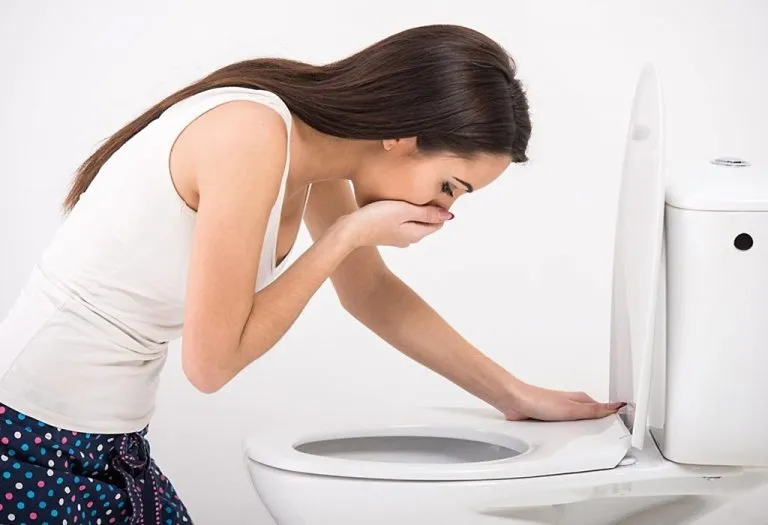

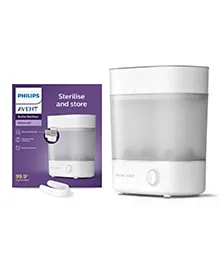
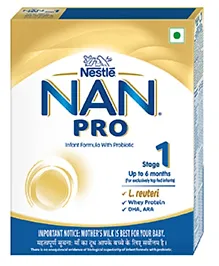
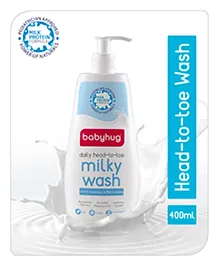
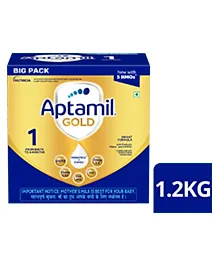
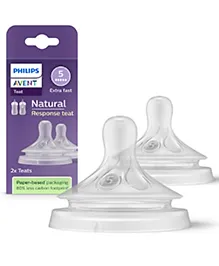
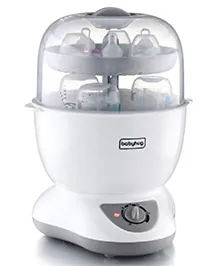
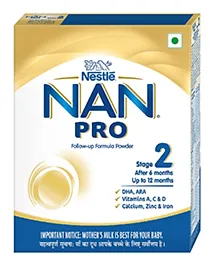
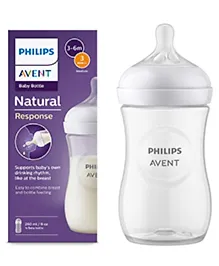

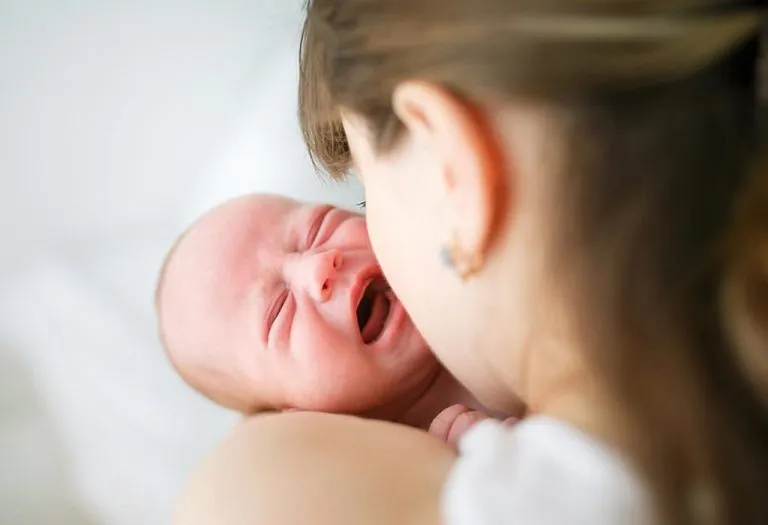

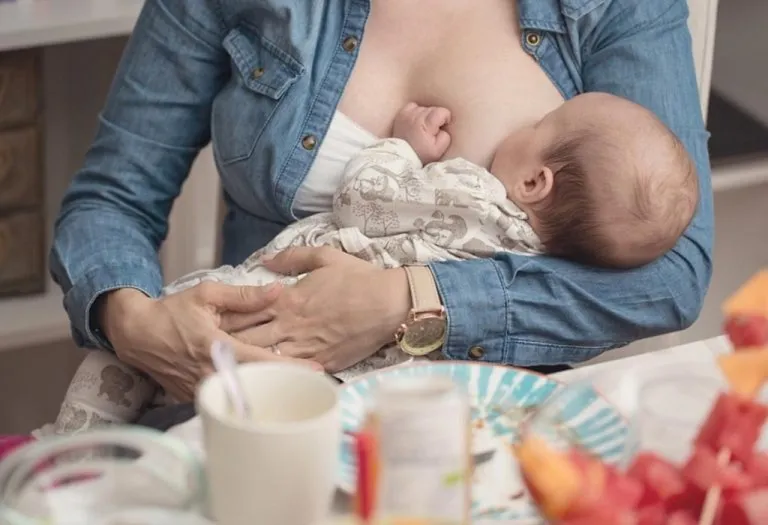

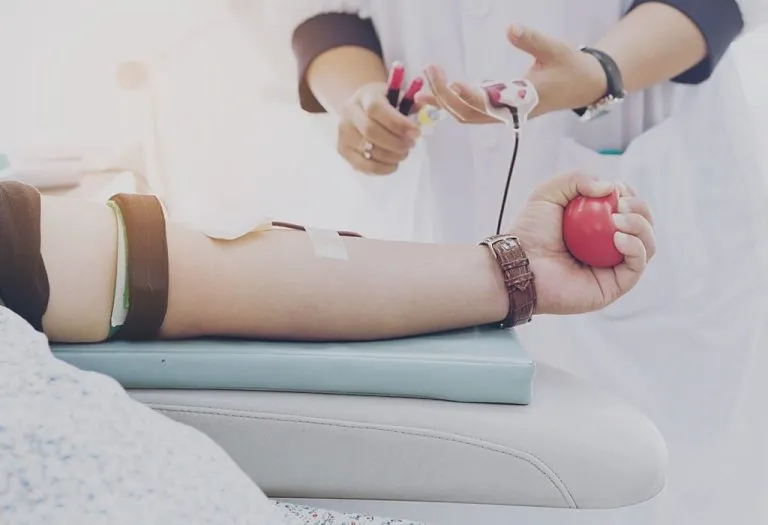

.svg)


















